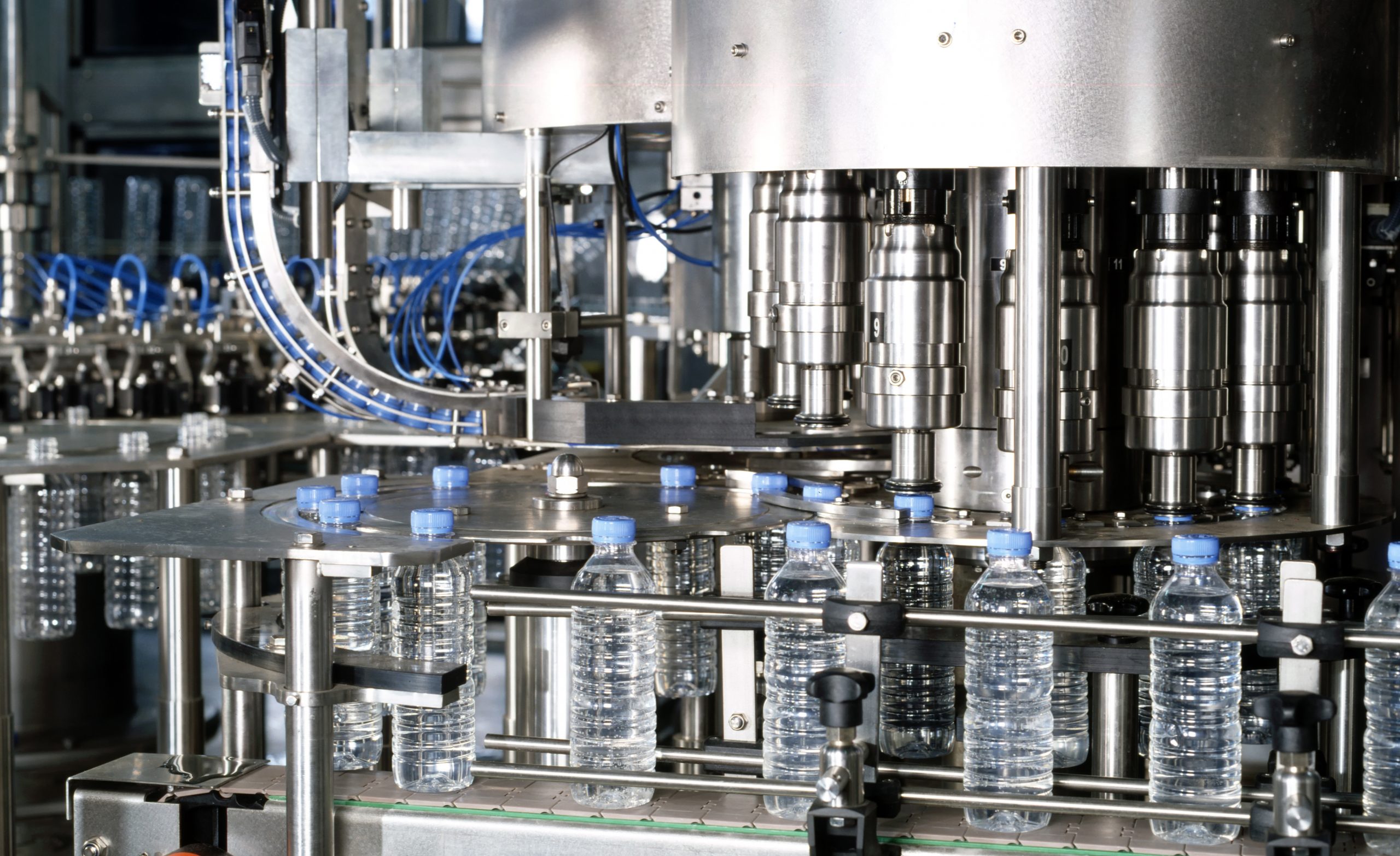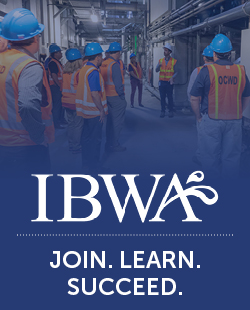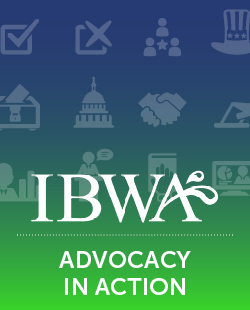Bottled water regulations
Bottled water regulations

By federal law, the U.S. Food and Drug Administration (FDA) regulations governing the safety and quality of bottled water are a stringent as the Environmental Protection Agency (EPA) regulations that govern tap water.
Strictly regulated as a packaged food product by FDA, bottled water is a safe, refreshing, convenient, and consistently reliable packaged beverage choice. Not only is bottled water regulated by FDA as stringently as EPA regulates tap water but also, in some cases, the federal bottled water regulations are more stringent.
On FDA’s official website, it clearly states that FDA ensures “that the quality standards for bottled water are compatible with EPA standards for tap water. Each time EPA establishes a standard for a contaminant, FDA either adopts it for bottled water or finds that the standard isn’t necessary for bottled water.” To suggest in any way that bottled water is less stringently regulated than tap water is simply not true.
More facts about federal regulations for bottled water:
- At the federal level, bottled water must comply with the Federal Food, Drug, and Cosmetic Act (FFDCA) (21 U.S.C. §§ 301 et seq.) and several parts of Title 21 of the Code of Federal Regulations. Section 410 of FFDCA requires that FDA’s bottled water regulations be as stringent and as protective of the public health as the EPA’s tap water standards.
- FDA has issued comprehensive bottled water Standards of Identity, which provide uniform requirements and definitions for the following bottled water classifications: drinking, artesian, groundwater, distilled, deionized, reverse osmosis, mineral, purified, sparkling, spring, and well water (21 C.F.R. § 165.110 (a)). Learn more about bottled water classifications here.
- FDA has also established bottled water Standards of Quality for more than 90 substances (21 C.F.R. § 165.110 (b)). Most FDA bottled water quality standards are the same as EPA’s maximum contaminant levels (MCL) for tap water systems. The few differences are usually the result of the substance not being found in bottled water or the substance is regulated under another provision of law such as FDA’s food additives program.
In addition to complying with all federal regulations, bottled water is also comprehensively regulated at the state level. All 50 states and the District of Columbia have delegation agreements with FDA, meaning that when they inspect a bottled water plant (or any food processing facility) they act with the full authority of the FDA.
Learn more


